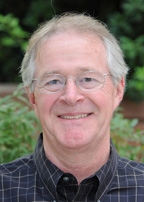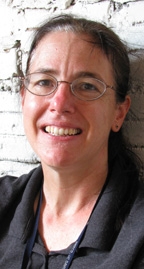
So are researchers from the Thomas Scott lab at UC Davis.
Scott, a medical entomologist who directs the state-funded UC Mosquito Research Laboratory, and his field director Amy Morrison, based in Iquitos, Peru, know their foe well.
Their goal: to save lives through research, surveillance and implementation of disease prevention strategies.
Morrison talked about the research efforts today on National Public Radio (NPR).

Morrison told Charles: ""What's fascinating to me about aegypti is it's probably the mosquito that's most closely associated with human beings, and the most adapted to human beings."
The tiger-striped mosquito, is a daybiting mosquito that prefers human blood. Some 2.5 to 3 billion people, primarily in tropical and sub-tropical countries around the world, are at risk for dengue, which Scott describes as "the world's worst insect-transmitted disease." See feature on him on the UC Davis Department of Entomology website, with links to significant research work.
Aedes aegypti is out for blood. And so are the UC Davis-based researchers tracking it.
Attached Images:

Aedes aegypti transmits dengue. (Photo courtesy of James Gathany, Centers for Disease Control and Prevention).